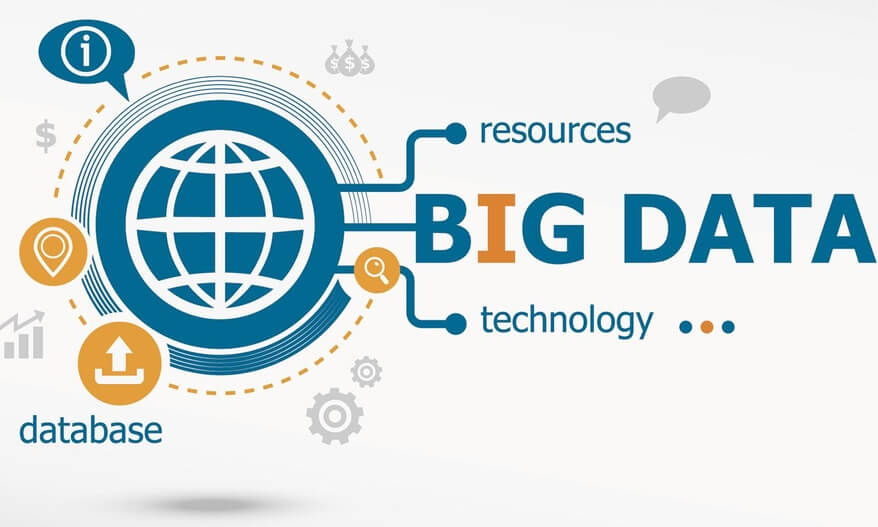TRENDS IN BIG DATA

by
The disciplines of big data and analytics are evolving so quickly that businesses should invest in them. Business Intelligence is expected to perform well operationally, meet governance standards, and fulfill promises of business value to the company. These trends have driven the migration of companies into big data and analytics and also brought changes to the analytics industry itself.

Trends [Photo courtesy of: Search Engine Data]
- Self-service analytics
Gartner describes self-service analytics as: “Self-Service Analytics is a form of business intelligence (BI) in which line-of-business professionals are enabled and encouraged to perform queries and generate reports on their own, with nominal IT support.”
Self-service analytics are characterized by simple BI tools, and scaled down data models for easier understanding.
It is an approach to advanced analytics that allows business users to manipulate data to spot business opportunities, without requiring them to have a background in statistics or technology.
2. Cloud BI deployments
Cloud Business Intelligence (BI) applications re hosted on a virtual network, such as the internet
The main factors leading to a rise in online BI infrastructure are minimized hardware and infrastructure cost, reduced implementation cost, and reduced administrative cost, in that order.
Cloud computing provides a lightweight, agile way to access BI applications.
3. Customizable Dashboards and Data Visualization
Companies are now choosing versions of BI that provides the imagination, expertise, tools and services to create custom dashboards to support big data visualizations. They have user interface designs to convert analytics vision into reality.
4. Device partnership
These are BI and visualization solutions that support users moving from device to device, often and at speed, so as to deliver the kinds of experience people want. This enables governed data discovery where multiple users will receive correct data. And since all users have the same information, reports are submitted on time and decisions made fast.
5. Real Time Data Science
The interconnection of computing devices embedded in everyday objects, enabling them to send and receive data (Internet of Things) creates new opportunities for visualization, real-time analysis and predictive capabilities. Machine learning is more accessible to a broader group of people and not just certified data scientists.
6. Affordable BI for SMEs.
Big data is no longer an exclusive resource for giant corporations. With BI solutions that are cheaper to implement and cost effective, SMEs are now able to analyze their business data so as to enable data driven decision making. SMEs no longer rely on spreadsheets to make reports on sales and marketing primarily and more departments will implement sophisticated BI tools.
7. Mobile analytics
According to Tableau, “In 2015, products with a fluid, mobile-first experience began to emerge. Working with data out in the world is going from being a chore to becoming a dynamic part of the analytics process.” Mobile applications are gradually ever changing the economic ecosystem and BI companies now have mobile analytics capabilities. Their tools can be deployed on mobile phones and are updated in real time, are just as detailed as desktop applications.
8. Use of more dark data
Companies are trolling the wealth of information that is contained in paper-based assets that are lying dormant in storage and will be put to use in big data aggregation. The data shows a comprehensive view of historical trends and product cycles that are useful for planning.
9. Immediate actionable data
Executives and managers expect data which provides them with immediate insight which they can then use for their strategic decision making. While some tools still rely on batch analytics reports, some tools have evolved to providing real time data to provide immediate actionable data.

Big Data Word Cloud [Courtesy of Gartner]
Pathways International is partnered with Microsoft and Tableau who pay attention to these trends and they ensure that your business stays at the forefront of big data use.
Contact Pathways International today and lead with your data.
Email: info@pathwaysinternational.com




